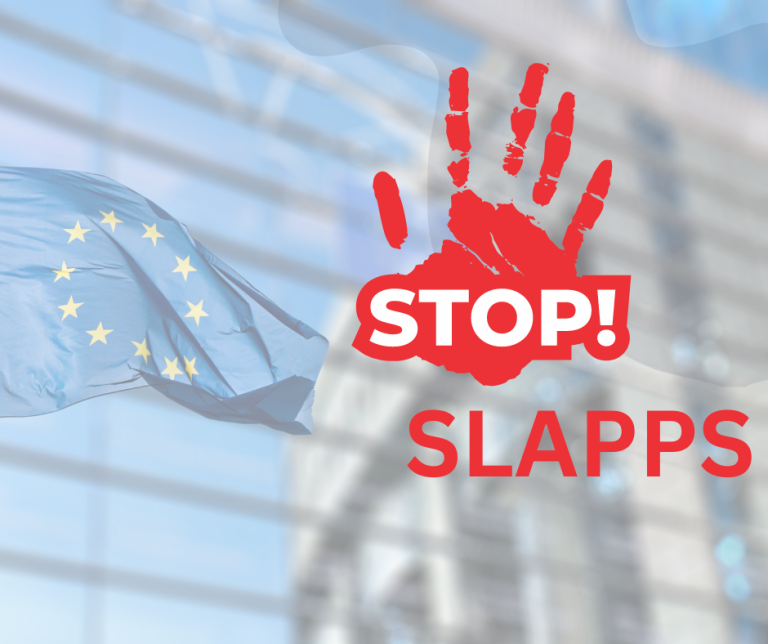A controversial interview
A prominent figure of the Hungarian democratic opposition, former Member of Parliament and well-known public figure gave an interview to an online public-political channel. He was 80+ years old when the recording was made.
Towards the end of the interview, which was planned and recorded for more than 7 hours, he looked very tired. The reporter, also a well-known activist and journalist, later in the interview asks the interviewee about a controversial piece of writing he had written earlier and his views on it. A quote from 2009, taken out of context, about an eroticised emotional relationship between adult and child, is presented as the author's relativisation of violence and paedophilia against children. In a section of nearly half an hour of the edited oral history interview which is still nearly two hours long, the interviewee utters controversial sentences that could indeed be interpreted as relativising paedophilia. In fact, it could even be seen as an explicit argument for not disclosing paedophile cases and for not taking any institutional action against them. The interviewer interrupts the interviewee several times, so it is possible that at some point he is not phrasing it exactly as he would have wanted. This is so true that he contradicts himself several times, once saying that he might not be right at all.
Immediately after the publication of the interview, which contained some truly controversial sentences, it was all over much of the media that the interviewee was pardoning paedophiles, furthermore the NGO he had founded decades earlier had distanced itself from his ideas.
Questions:
- Did the reporter go far and can we call his attitude as attack journalism based on his own personal conviction?
- Should the guest with an honorable past have had the right to check the interview before publishing or would it be a sort of censorship?
- Was the NGO leadership illoyal to its founder or was it important and necessary to clarify its position in the controversial issues for the broader public?
I would like to see citations, as this case seems to be most interesting on linguistic level.
I believe that journalists are meant to ask difficult questions and highlight important moments that the public needs to know and understand. But in this case, it seemed like the reporter was more focused on making the person feel vulnerable. Seven hours is already a very long interview. Also, it's the journalist’s job afterward to make sure the answers are presented in the right context and communicated ethically.
I hate people with different views






Very interesting case, indeed :)
Yes it is